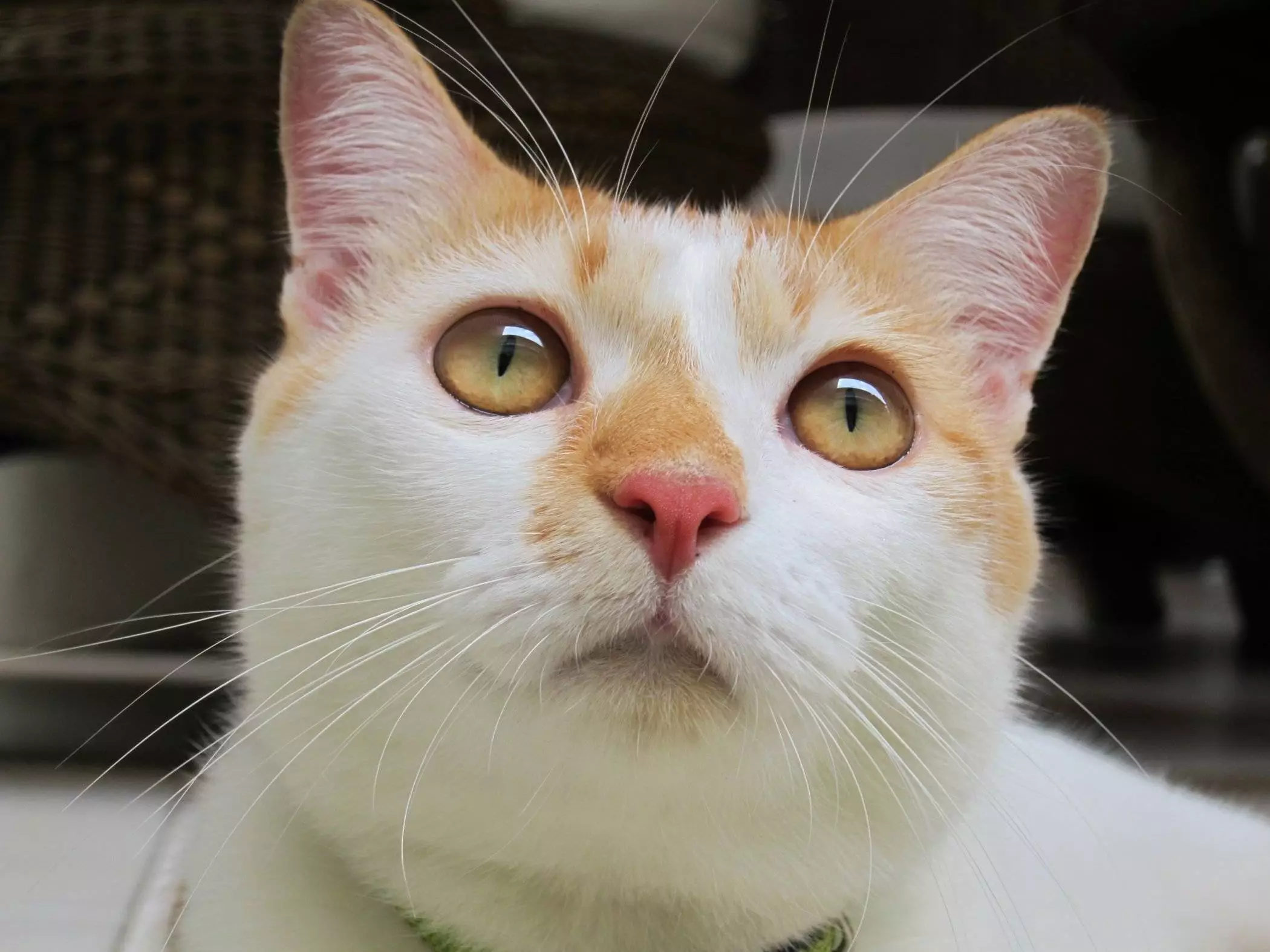The love that many Britons share for their pets is immense, often manifesting in a desire to pamper and indulge. However, a recent study reveals a troubling reality—close to half of Britain’s beloved cats and dogs are classified as overweight, with a staggering 46% falling into this category. This issue raises significant health concerns, signifying a growing epidemic that deserves immediate attention from pet owners and veterinary professionals alike.
The findings were derived from a survey conducted by Go.Compare Pet Insurance, which utilized the humorous but revealing “Chonk Chart” to assess pet weight. This novel method questions the seriousness with which owners might view their pets’ health, juxtaposing the playful presentation of data with the grave implications of such findings. According to the results, a majority of pets—54%—are deemed to be within a healthy weight range, labeled as “Fine Bois.” Conversely, a concerning 30% were categorized as “He Chomnk,” indicating a need for greater attention to their health.
Interestingly, while dogs seem to fare slightly better regarding weight management—with 58% of dog owners claiming their pets maintain a healthy weight—cats lag behind significantly, with only 46% of cat owners reporting similar outcomes. This notable disparity warrants deeper investigation into the factors contributing to the obesity rates in felines. Are cat owners less aware of their pets’ dietary requirements? Or do the inherent behavioral differences between cats and dogs contribute to this imbalance in health awareness?
The data also suggests an intriguing correlation between household composition and pet weight. Multi-pet households appear to have better outcomes, with over half (54%) of pets in such environments classified as healthy weight. In stark contrast, only 35% of single-pet households can boast similar statistics. This phenomenon invites speculation about social dynamics in animal behavior, suggesting that the presence of fellow pets may promote healthier activities and routines, such as play and exercise.
Health Risks: The Hidden Costs of Pet Obesity
As Alison Thomas, head of veterinary standards at Blue Cross, pointed out, obesity is not merely an aesthetic concern but a significant health risk for pets. The health complications associated with overweight animals include heart disease, diabetes, arthritis, and respiratory issues. These conditions can lead to discomfort, chronic pain, and even a decreased lifespan, fundamentally shifting the quality of life for our furry companions.
Moreover, obesity often plagues middle-aged and neutered animals disproportionately. This reality highlights the need for a shift in owner perspectives—understanding that prevention and regular assessments are essential in keeping pets healthy as they age.
Another facet to consider is that certain breeds, such as pugs and golden retrievers, are predisposed to obesity. A 2021 VetCompass study underlines this risk, indicating that breed-specific health education could significantly mitigate weight-related issues among these dogs.
From a financial perspective, pet obesity can also impact pet care costs. Rhys Jones from Go.Compare warns that many veterinarians classify obesity as a chronic medical condition—an obstacle for pet insurance premiums. For owners considering new policies, the classification of obesity as a pre-existing condition can lead to dramatically higher rates. Consequently, maintaining a healthy weight for pets is not only vital for their wellbeing but also financially prudent.
It is evident that safeguarding pets’ health must take precedence. Pet owners ought to ensure their animals receive a balanced diet and adequate exercise, incorporating structured routines tailored to their individual needs. Providing the right tools, such as engaging toys and nutritious foods, can significantly alter the health trajectory for pets.
In light of the alarming statistics surrounding pet obesity, it is paramount for pet owners across Britain to reassess their approaches to animal care. Recognizing the serious implications of overweight pets can motivate more conscientious decisions regarding diet and lifestyle. With the right information and resources, we can reverse this troubling trend and promote healthier, happier lives for our cherished companions. Let us commit to prioritizing our pets’ health today and set a positive precedent for the future.
